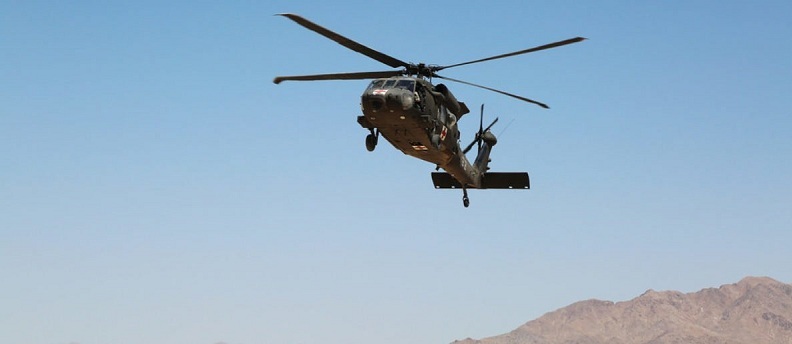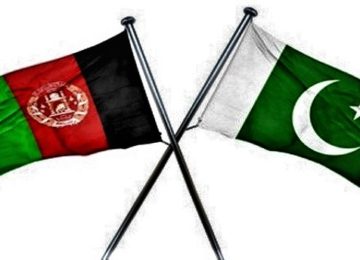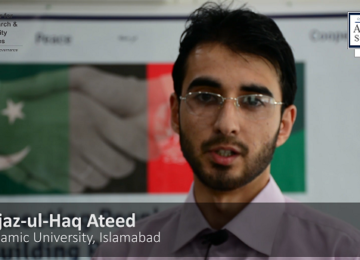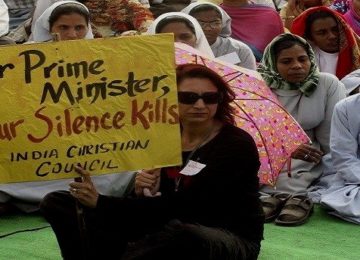The Trump administration is considering the ramifications of paring back the U.S. presence in Afghanistan as part of its ongoing strategy review in America’s longest war, The Wall Street Journal reports.
Trump’s national security cabinet is bitterly divided on the future U.S. role in Afghanistan. Senior national security officials like Secretary of Defense James Mattis and National Security Advisor H.R. McMaster are reportedly pushing Trump to allow a surge of approximately 4,000 troops into Afghanistan, while White House Chief Strategist Steve Bannon has lobbied against the effort.
“It doesn’t work unless we are there for a long time, and if we don’t have the appetite to be there a long time, we should just leave. It’s an unanswered question,” a senior administration official told WSJ of any plan to increase U.S. troops. “It is becoming clearer and clearer to people that those are the options: go forward with something like the strategy we have developed, or withdraw.”
Trump is reportedly deeply skeptical of increasing U.S. troops in Afghanistan and sent back McMaster’s final version of a plan to his national security council in late-July. Secretary of Defense James Mattis and other military leaders in charge of the war in Afghanistan say they need a few thousand more U.S. troops to train, advise, and assist the Afghan National Security Forces in the fight against the Taliban.
The Afghan National Security Forces have largely failed to rise to the challenge of the Taliban insurgent movement, despite tens of billions of dollars in U.S. assistance and a 16-year NATO presence. Afghan civilian casualties are also at a 16-year high in the war as a result of Taliban improvised explosive devices. U.S. military commanders admit that any surge in U.S. troops will need to be sustained for years to come in order to build up the Afghan National Security Force’s indigenous capabilities.
The Taliban now controls more territory than at any time since the U.S. invasion in 2001, and maintains control over approximately one-third of the civilian population. The U.S. backed Afghan government remains paralyzed by corruption and political infighting, further hindering the war effort and plummeting morale among Afghan troops.
Former U.S. special envoy to Afghanistan and Pakistan Laurel Miller described officials asking the same fundamental questions about U.S. strategy in the region in 2017 as they were 4 years ago, in a recent interview with Politico Magazine. “Here we are two full presidential terms and into the start of a next one later; there are no peace talks,” Miller lamented.
This article originally appeared in The Daily Caller on July 31, 2017. Original link.








